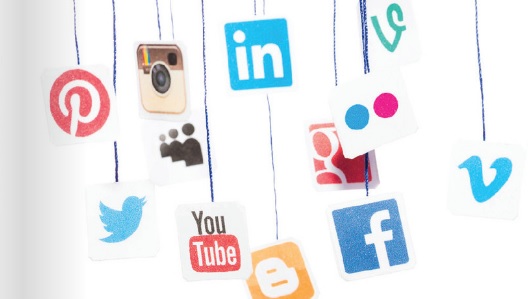Individuals and groups alike have fashioned social media into a powerful tool of protest; one that is increasingly fine-tuned as societal unrest builds. Organized movements are not only defining how to best use various sites to propel their messages, some have actually been birthed on platforms like Twitter, Facebook and Tumblr. Who knew a pound sign turned “hashtag” could become so valuable for sharing and exchanging information and ideas, as well as building communities and networks?
Five years post- #TroyDavis — a precedent-setting uprising in protest of his conviction and execution for the August 19, 1989, murder of a police officer in Georgia on September 21, 2011, amid widespread doubts about his guilt and international outrage, the movement and change it’s trying to affect has become more broadly defined. The drive to save black lives has progressed from merely naming names to a banner theme. Enter: #BlackLivesMatter, the brainchild of Alicia Garza, Opal Tometi and Patrisse Cullors, that campaigns against violence and systemic racism toward black people; Black Twitter — a cultural identity on the social network focused on issues of interest to the black community, particularly in the United States; and “White People Said What” by way of Tumblr.
Likely less familiar in the cyber crusade against racial discrimination in 2016 but senior to its metatagged counterparts, White People Said What is a few-years-old microblog on the social networking website that has attracted an eclectic and highly engaged following.
Its Tumblr bio is clear and concise. “WE ARE NOT WWW.GOOGLE.COM. This is a safe space for ONLY PoC to talk about our everyday experiences with racism, from blatant offenses to micro-aggressions. White ppl, don’t message or submit to us.”
WPSW is unapologetically blunt about what is expected in relation to its feed and interactions there. Offensive? Maybe. But, then again what inspired its inception is, well … offensive to its administrators and the community they’ve built around helping people of color express their frustration about privilege and discrimination against ethnic minorities. And so the conversations that ensue, very often teachable moments, are not for the faint of heart. They are always challenging and sometimes irreverent. They are pointed and intentional, moving at times beyond the insulation of Tumblr to people’s day-to-day activities.
The feed caught our attention in tandem with another account — Get Racists Fired, which outs suspected bigots on the Internet and then campaigns to have them fired from their jobs by calling attention to offensive Facebook posts, tweets, comments and images online, and urging followers to write and phone the individual’s employer.
Read the full article HERE.


Pingback: pilates los angeles
Pingback: ประตู wpc